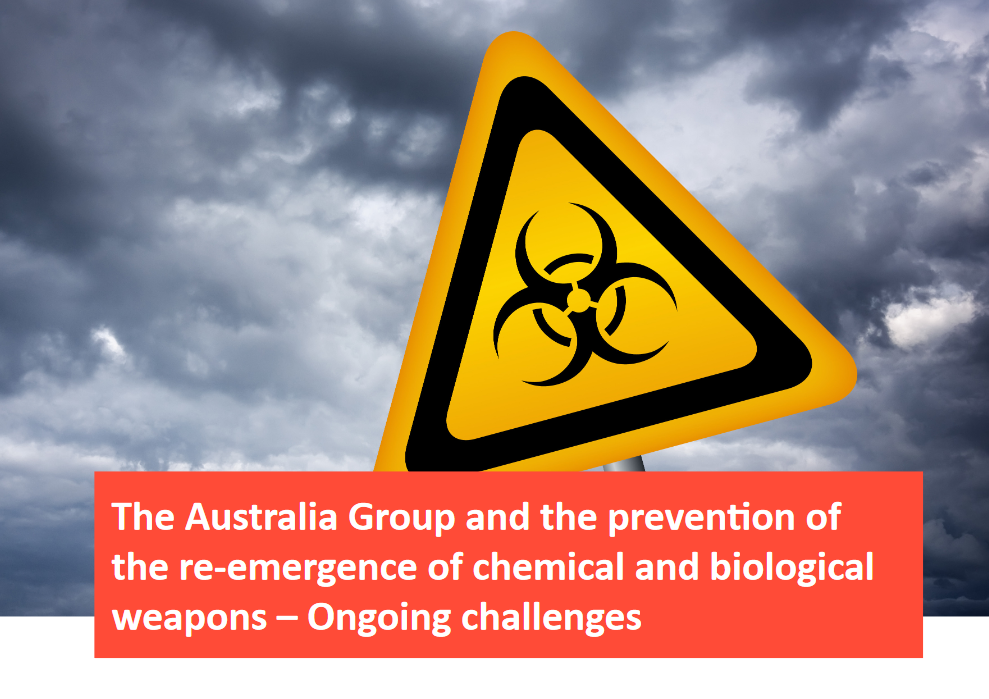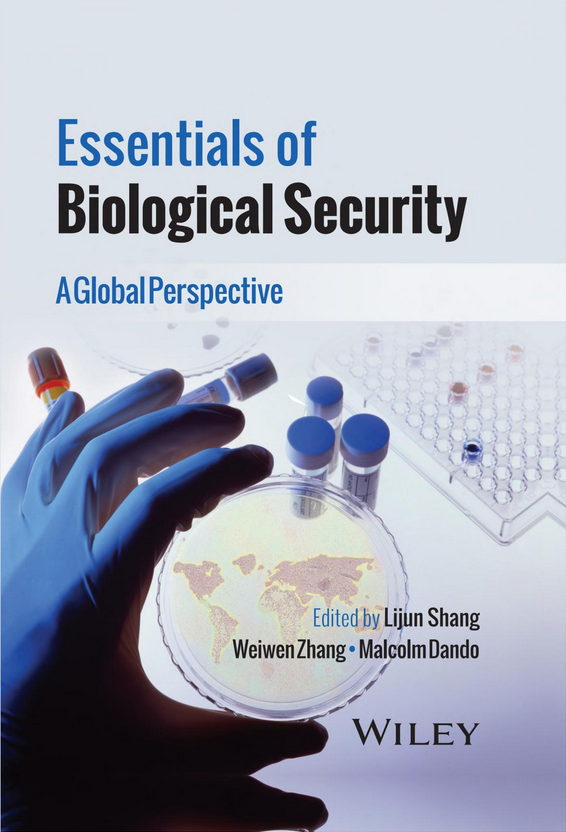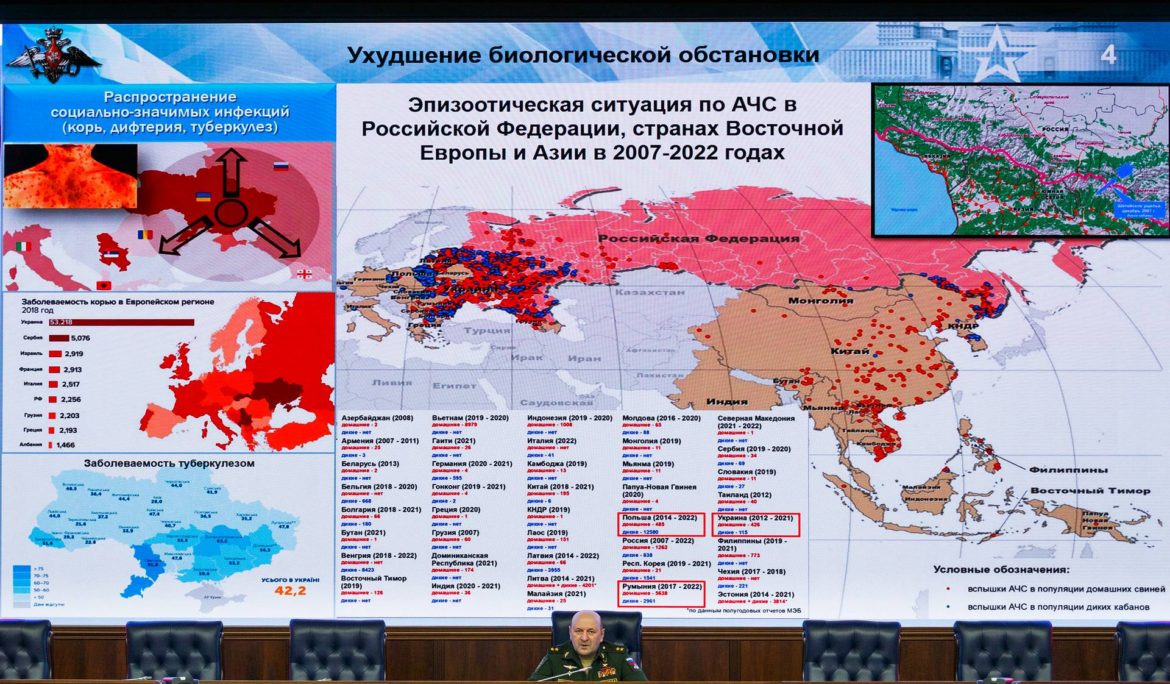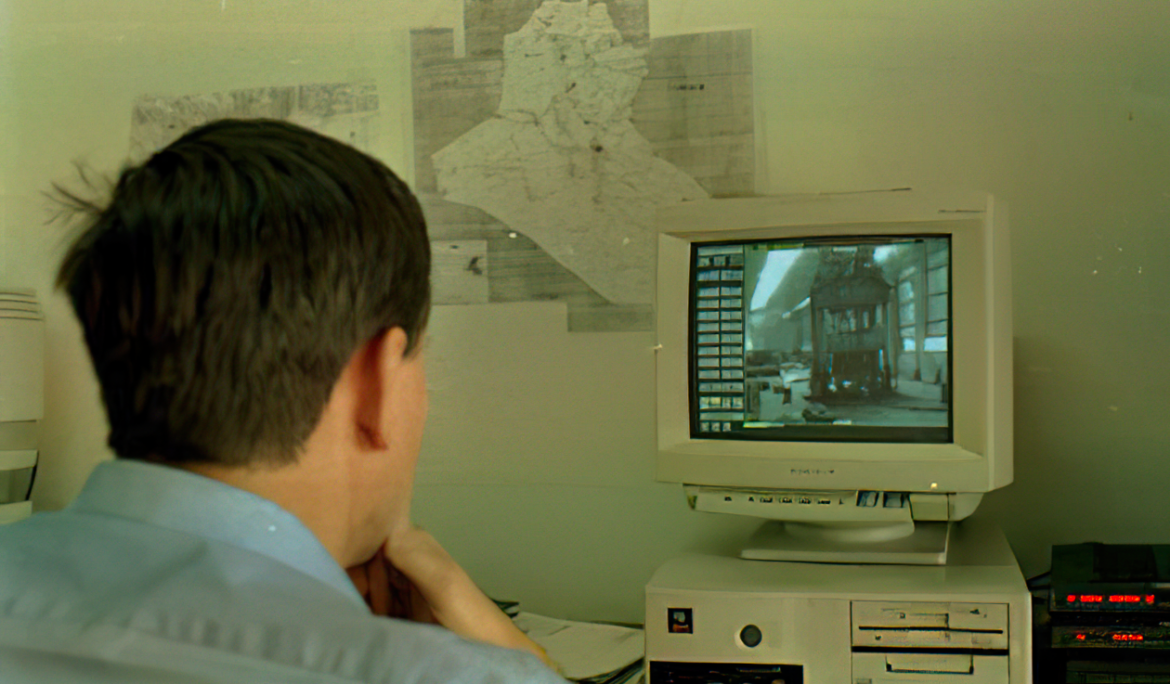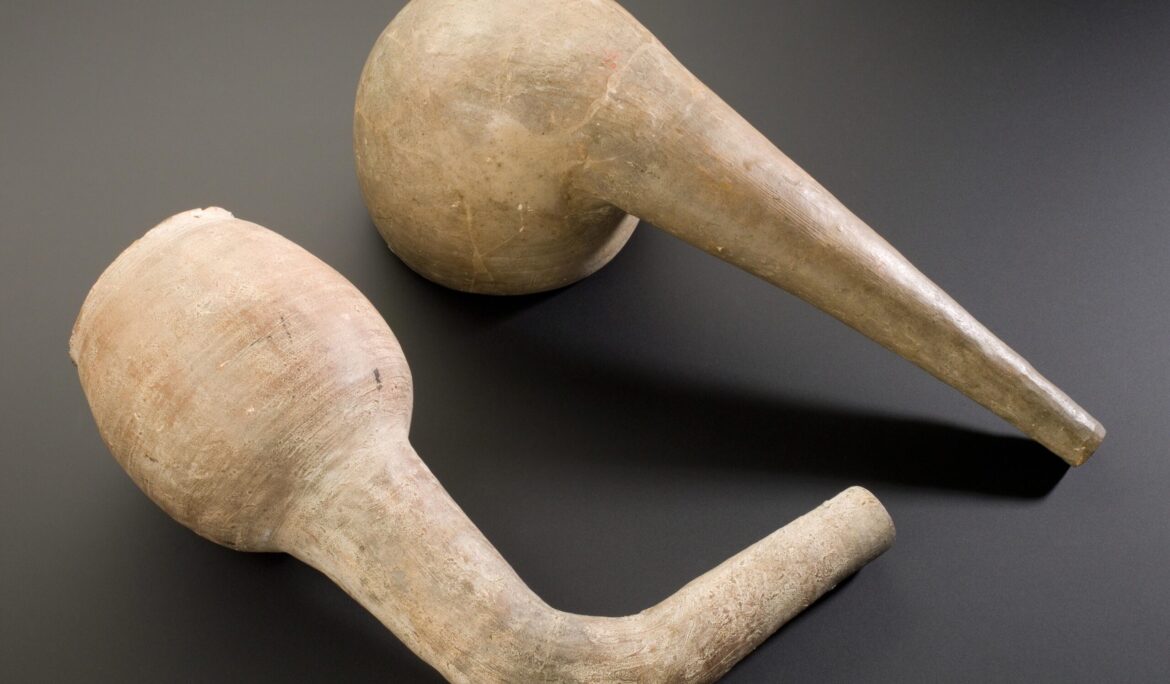On suicide, riot control and ‘other peaceful purposes’ under the BTWC
In the Greater Manchester area a 16-year old boy stands trial for having tried to buy 10 milligrams of abrin on the dark web. Abrin is a toxin found in the seeds of Abrus precatorius, otherwise known as jequirity or rosary pea. UK authorities arrested him in February and have charged him under the Biological Weapons Act 1974 and Criminal Attempts Act 1981. In particular, the charge refers to the General Purpose Criterion (GPC) as framed in Article I of the Biological and Toxin Weapons Convention (BTWC) and transposed into British criminal law. As reported in The Guardian on 19 …
A Nobel Peace Prize for Disarmament
Today Syria becomes the 190th party to the 1993 Chemical Weapons Convention (CWC). In the 16 years since entry into force on 29 April 1997, CWC universality now equals that of the 1968 Nuclear Non-Proliferation Treaty (which entered into force on 5 March 1970). The convention extends the 1925 Geneva Protocol’s ban on chemical (and biological) warfare by also comprehensively prohibiting the development, acquisition, transfer and possession of chemical weapons (CW). Indeed, the norm against CW has become so overpowering that a relatively small chemical attack by historical standards in Ghouta (Damascus) on 21 August brought allies and foes of …
The Australia Group and the prevention of the re-emergence of chemical and biological weapons
The European Union Non-Proliferation and Disarmament Consortium held its 11th Consultative Meeting in Brussels on 15 and 16 September 2022. Its central theme was the “Topicality of multilateral export control regimes”. On the second day, one of the four breakout sessions addressed the Australia Group, an informal arrangement coordinating technology transfer controls relating to dual-use agents and equipment with potential relevance for developing and producing chemical and biological weapons. Introducers were Ms Esmée de Bruin (Netherlands), Dr Mónica Chinchilla (Spain) and Ms Élisande Nexon, PharmD (France). I had the honour of moderating the session. The three speakers have different backgrounds, …
Response is failure in the primary mission of preventing CBW
The Global Partnership against the Spread of Materials and Weapons of Mass Destruction has now been around for over two decades. In the wake of the terrorist attacks against the US in September 2001, it started out as an effort to mobilise the resources of the G8 members to prevent terrorist acquisition of nuclear, biological and chemical weapons, and related materials. The weapons, technologies and skills available from the former Soviet Union presented a significant proliferation risk, which the US was already addressing through the Cooperative Threat Reduction (CTR) programme. Now comprising 31 members, the Global Partnership (GP) played a …
Falling between the Cracks and by the Sides
Next month, Essentials of Biological Security: A Global Perspective edited by Lijun Shang, Weiwen Zhang and Malcolm Dando will be published. The book offers an introduction to biological security and the chemical and biological weapons (CBW) threat spectrum and explores the history of biological weapons from antiquity to modern day. Its core comprises expert analyses of the Biological and Toxin Weapons Convention and other relevant international agreements and organisations and practical discussions of dual-use technologies and how to minimise their risk. (For a preview of the book contents, click here.) I contributed the chapter Falling between the Cracks and by …
Russia’s apoplexy over biological research – Implications for the BTWC and its Articles V and VI
Since the summer, Russia has been adding chapters to the history of the Biological and Toxin Weapons Convention (BTWC) with its allegations of treaty violations against Ukraine and the USA. So far, it has culminated in convening a Formal Consultative Committee (FCM) under BTWC Article V in September and filing an Article VI complaint accompanied by a draft resolution proposing an investigative commission with the United Nations Security Council (UNSC) in October. The FCM was inconclusive because states parties reached no consensus on whether Moscow’s allegations have merit. Notwithstanding, a large majority of participating states rejected the accusations in their …
Biological weapon monitoring in Iraq
Introduction to Historical Notes, Issue #4 The fourth issue of the Historical Notes series was prepared by Dr Gabriele Kraatz-Wadsack. She was a weapons inspector with the UN Special Commission (UNSCOM) in Iraq, later Chief of the Weapons of Mass Destruction Branch – UN Office for Disarmament Affairs. She also served in the German Armed Forces and the Federal Foreign Office. In this fourth issue of Historical Notes, she describes the only instance of international monitoring in the biological weapons (BW) area. It draws on her first-hand experience to launch and manage biological ongoing monitoring in Iraq from 1995 through …
The Retort: Evolving CBW disarmament challenges
Dr Brett Edwards (Lecturer, University of Bath) and Professor Lijun Shang (School of Human Sciences, Metropolitan University London) are collaborating on The Retort, a new series of educational video recordings via YouTube on chemical and biological weapons (CBW), their disarmament, and the evolving threats they still pose. The recordings aim to give the public a general understanding of issues ahead of the review conferences of the Biological and Toxin Weapons Convention (28 November – 16 December 2022) and the Chemical Weapons Convention (May 2023). For each video recording, the intiative takers invite an expert in the field. So far, three …
CBW in Regional Disarmament in the Middle East and North Africa
Just published (Open access): Jean Pascal Zanders (2022): Chemical and Biological Weapons in RegionalDisarmament in the Middle East and North Africa, Journal for Peace and Nuclear Disarmament,DOI: 10.1080/25751654.2022.2092368 From the introduction: In November 2019, the Conference on the Establishment of a Middle East Zone Free of Nuclear Weapons and Other Weapons of Mass Destruction held its first session. The new series of annual one-week meetings to eliminate non-conventional arms – essentially nuclear weapons (NW), and to a lesser extent chemical and biological weapons (CBW) – followed the acceptance by the First Committee of the UN General Assembly (UNGA) of Egypt’s …

